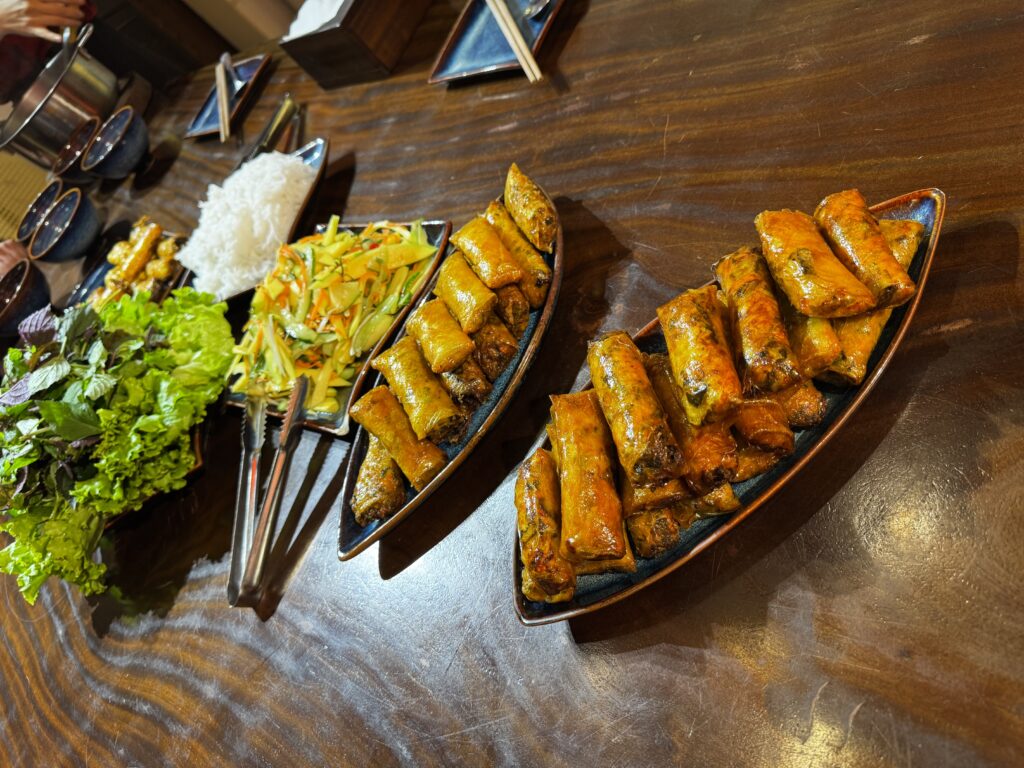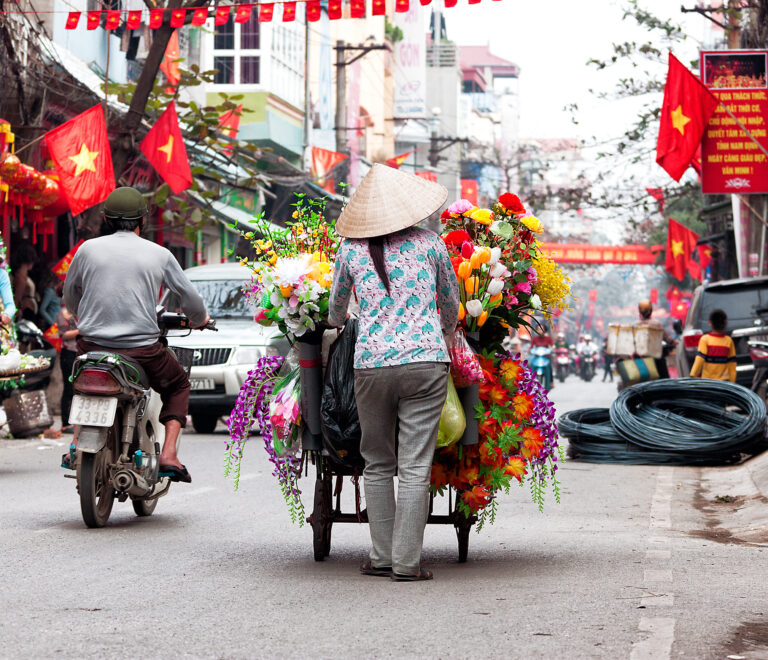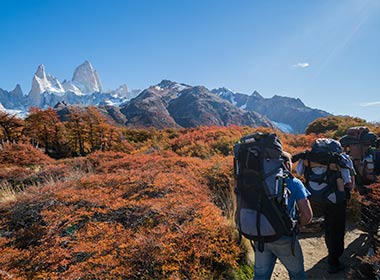This website uses cookies so that we can provide you with the best user experience possible. Cookie information is stored in your browser and performs functions such as recognising you when you return to our website and helping our team to understand which sections of the website you find most interesting and useful.
Money saving tips...
...because every saving helps you travel further
Tucan Travel have compiled this list of handy hints to help you make the most of your money so that you can enjoy your holiday to the full. Be a savvy traveller and you may not have to curb your wanderlust at all!
If you can, plan ahead
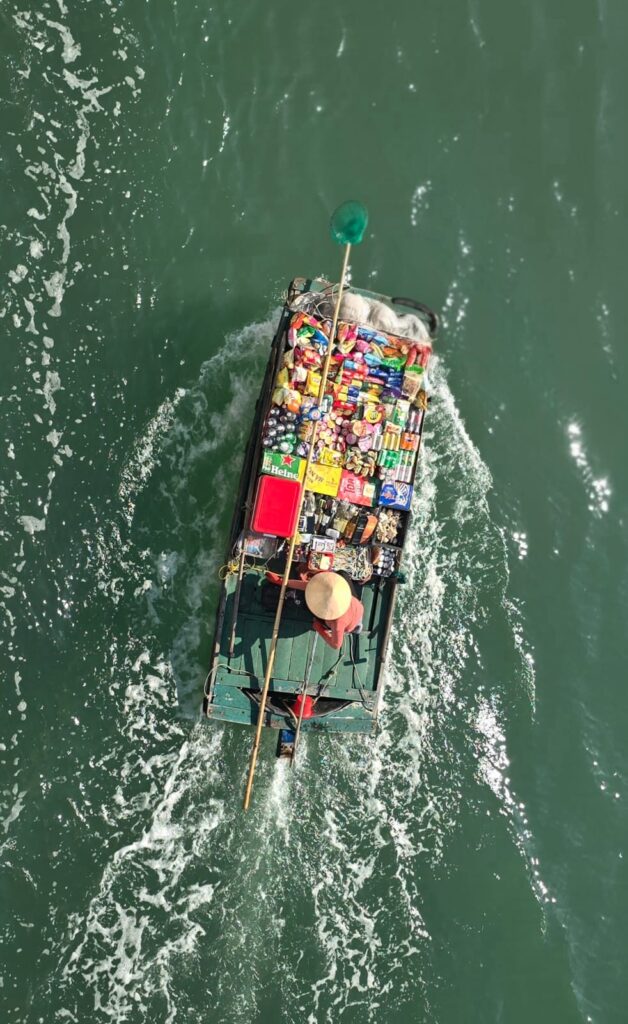
Yes, we know we all love a bit of spontaneity in our lives, but getting organised and planning ahead can make a lot of difference.
It makes perfect sense (albeit in hindsight) to save as much money as you can afford to before you go.
Plan your budget in advance and give yourself plenty of time to save. Factor in some extra money in case a special optional excursion takes your fancy – you don’t want to miss out! Viator is a fabulous site, and one we use a great deal, to find those last-minute deals and excursions when we find ourselves with spare time (and cash) on our travels.
Stuck for ideas, don’t worry. They’ve got that covered.
If you can, travel off-season. Off-season deals and sales are a great way to save on flights and accommodation. We track (and use) the deals through G Adventures.
Tour Radar is a great site use and offers the opportunity to view deals from different tour operators.
There are two schools of thought about when to book to get the best savings. If you don’t know where you want to go but you know when you want to travel, you can make savings by looking for late deals closer to the departure date. However, late deals do sell out fast, so you have to be able to move quickly. On the other hand, if you have lots of flexibility, book well in advance of departure you can make great savings with early booking discounts, and you’ll get to travel when and where you want to. (It also pays to consider travelling on different days – some mid-week flights may be cheaper than weekends, and vice versa, depending on the destination).
It's your money, but..
Once you have decided where you are going, you need to think about how you are going to spend your money when you get there.
Will you be using cash, debit cards, credit cards or prepaid cards during your vacation?
Look for a debit card or credit card which won’t charge you currency conversion fees or oversea ATM fee – it may be worthwhile to open a new account with a different bank to save yourself fees while you travel.
If you can’t find that kind of deal, aim to get a card which earns you air miles for future trips.
Rather than popping down to the nearest currency exchange at your lunch hour the day before you travel, shop around for the best money conversion rates online, such as www.moneysavingexpert.com.
It’s also good to remember that cash, while convenient, isn’t very secure and your travel insurance may not cover it if it’s lost or stolen during your holdiay.
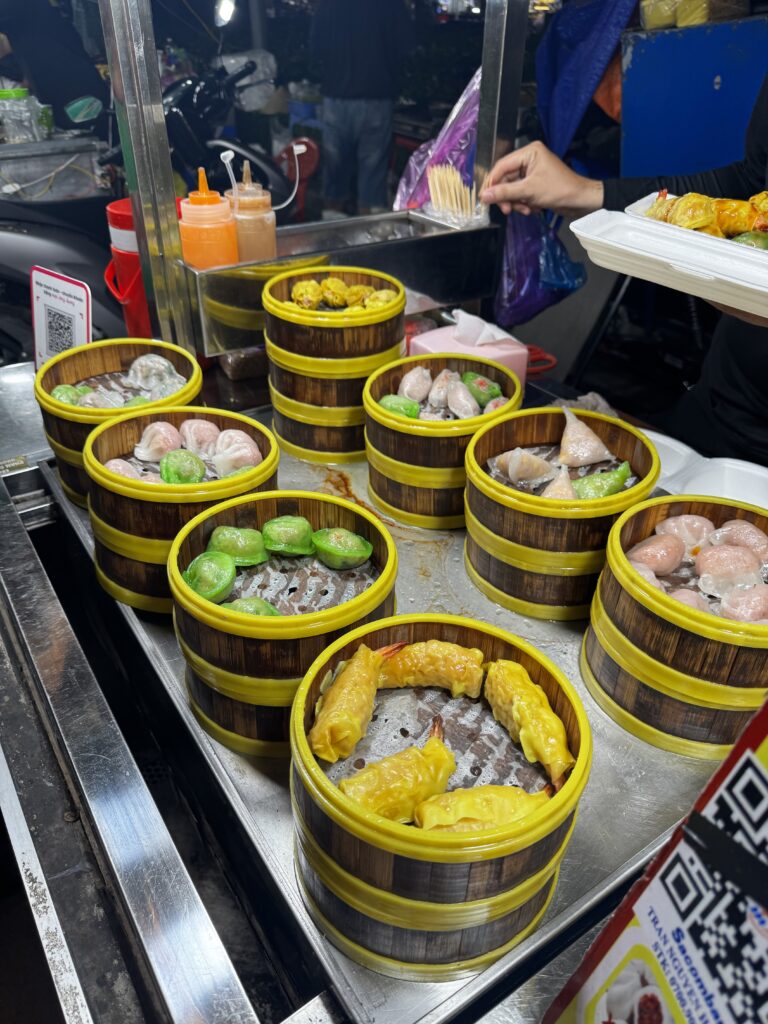
Lifelong learning..
If you are eligible, get an International Student Identity Card (ISIC) before you travel. This can often help you save money on flights and attraction admissions around the world.
Learn some of the local language before you travel, and you’ll find it much, much easier when it comes to bartering. Even if you don’t know enough to bargain fluently, just a few polite words will go a long way towards goodwill and hopefully a cheaper price for you. The locals really will appreciate the effort. If guide books and CDs don’t do it for you, advertise yourself for a language swap with someone. Free one-to-one tutorials over a coffee will really help to build your confidence.
Flying on a budget
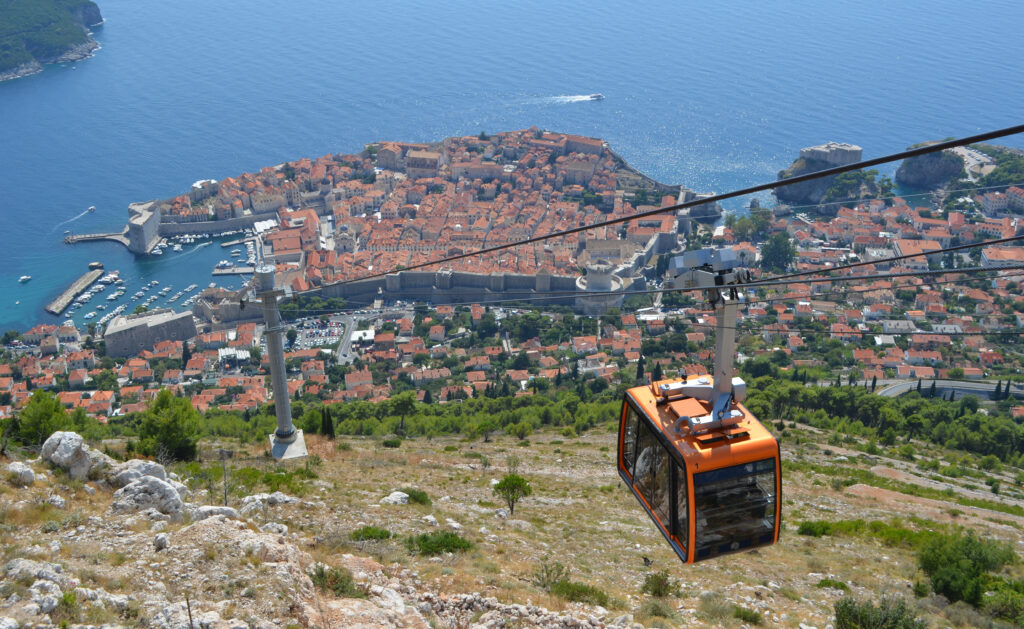
There are loads of websites which offer you the chance to compare flight prices – but first of all you need to know which one of these sites is the right one to use.
MoneySavingExpert is a great tips site – for more than just flights – with ideas and suggestions that help you make your money go further. This is also the best site to find that all important travel insurance before you go.
Some budget airlines can have hidden costs, so always check the small print.
Budget
Set a daily budget and keep a record of what you’re spending in a notebook so that you don’t go overboard – you don’t want to miss out on an excursion because you’ve blown all your money on alcohol the night before!
Save on food...Book a cooking class...
Shop, learn, cook, eat. What’s not to love?
On a recent tour in Asia, we booked into a few different cooking experiences. Availability depends on your location, but many include the chance to buy food at the local market, a great opportunity to learn some key words and explore the local area, food and customs.
You can also find cooking schools based on local and /or organic farms. What better than to see exactly where your food comes from and harvest what you need for your meal?
Not only do you learn to cook authentic local dishes, but you get to eat the results. Win win!
This is the meal we made with fellow travellers at the fabulous Rose Kitchen, Hanoi.
What was the food like? That’s the first thing your friends and family are likely to ask when you get home.
Food can be the biggest expense, and the best experience, when travelling. But nothing says more about an adventure than finding a new favourite food.
Plan your snacks for travel days, or make the most of street food stalls as you go.
We take the opportunity to try street food wherever we go. It’s the best way to get authentic flavours, and the majority offer fantastic value.
You can just shop at markets when you find them. The food is likely to be local and fresh, and the marketplace is often a great place to soak up the atmosphere.
Check the currency and charges on any bill
This may seem basic, but you may, for example, be charged $USD rate rather than the local currency. If you use $USD all the time, great. But if not, be wary: using another currency may incur additional exchange fees if you are paying by card.
Wash as you go
Always useful if you are travelling for a long time , or want to cut down on the amount you are carrying.
Whilst many hotels will offer laundry, these can be expensive.
You can get your laundry done at a local laundromat or through a local service. Many charge by the weight, offer express service, and may also be able to provide (or recommend) repair services if you need them.
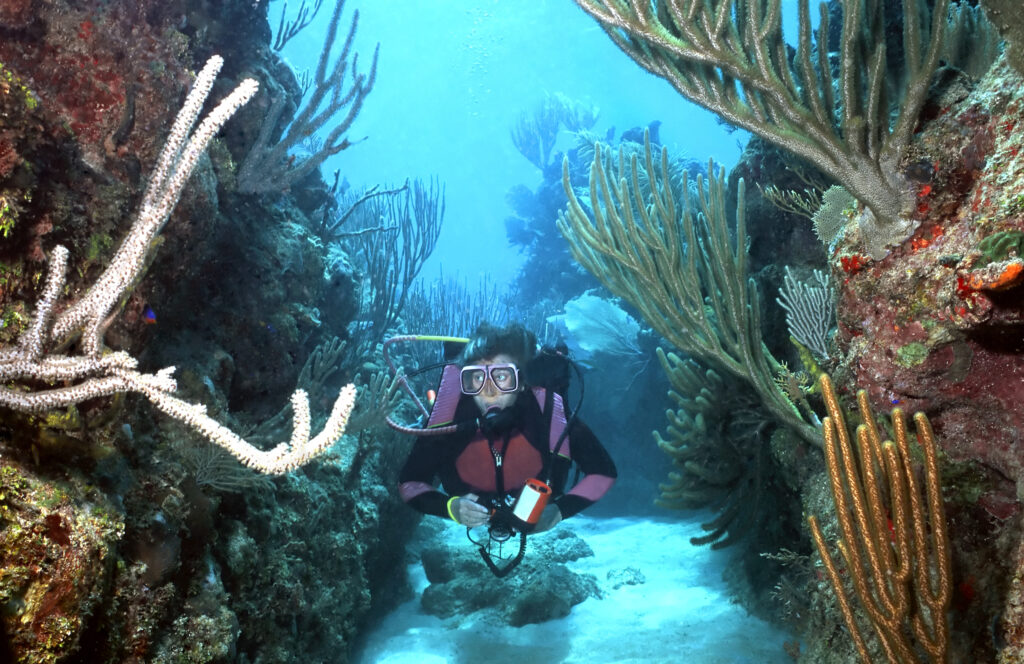
-
Ha Long Bay
Read MoreA must-see in Vietnam Often listed as a must-see in Vietnam, Ha Long Bay (Vịnh Hạ Long) is stunning. The…
-
Hanoi: The Bustling Heart of Vietnam
Read MoreThe perfect blend of bustle and chill New food and a lot of fun Hanoi is a paradise…
-
Hiking Torres Del Paine National Park
Read MoreHiking in Torres Del Paine National Park, Chilean Patagonia Have you ever dreamed of hiking through the stunning landscapes of…
We are passionate adventure travelers who want to share the world and our travel experiences with everyone…
